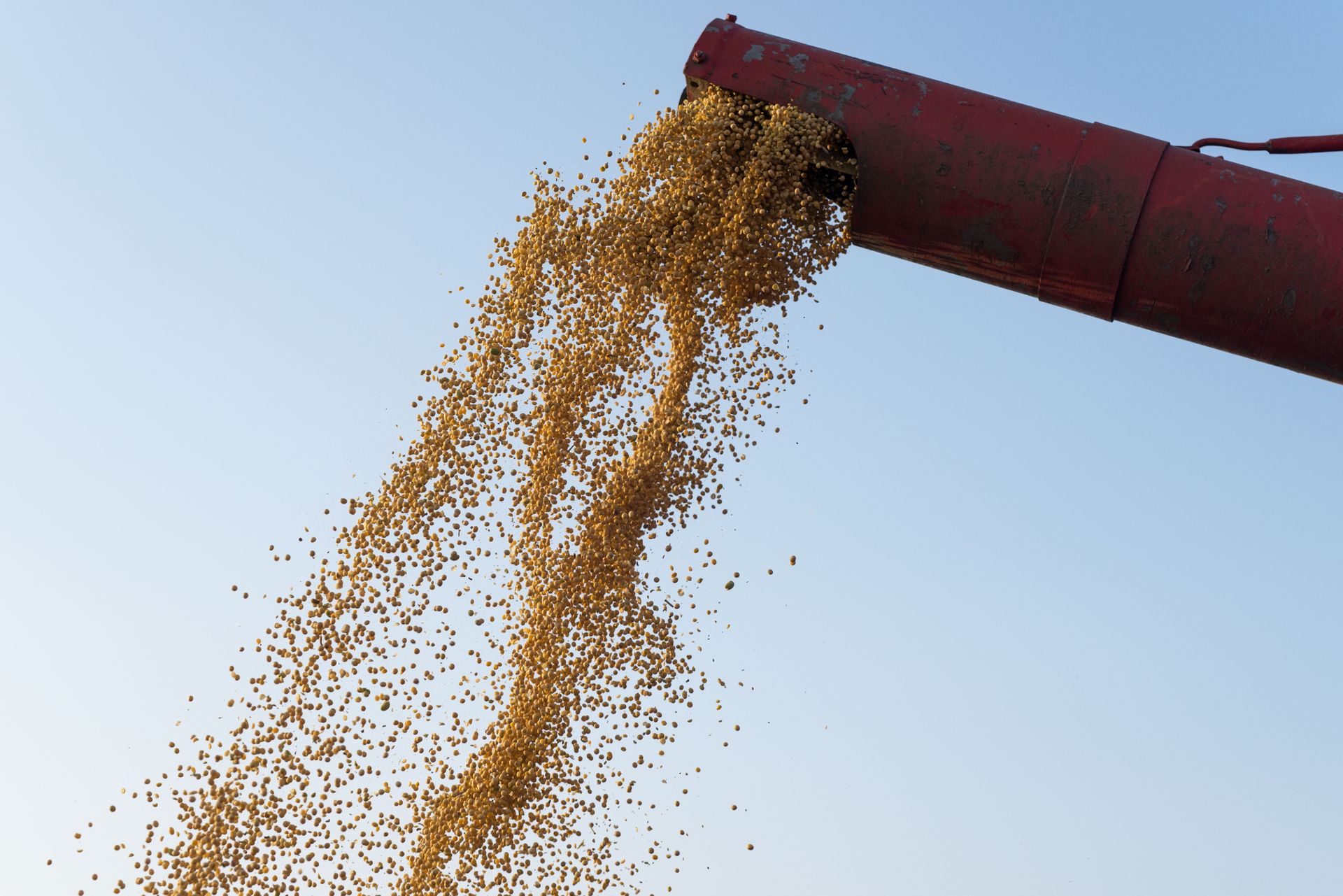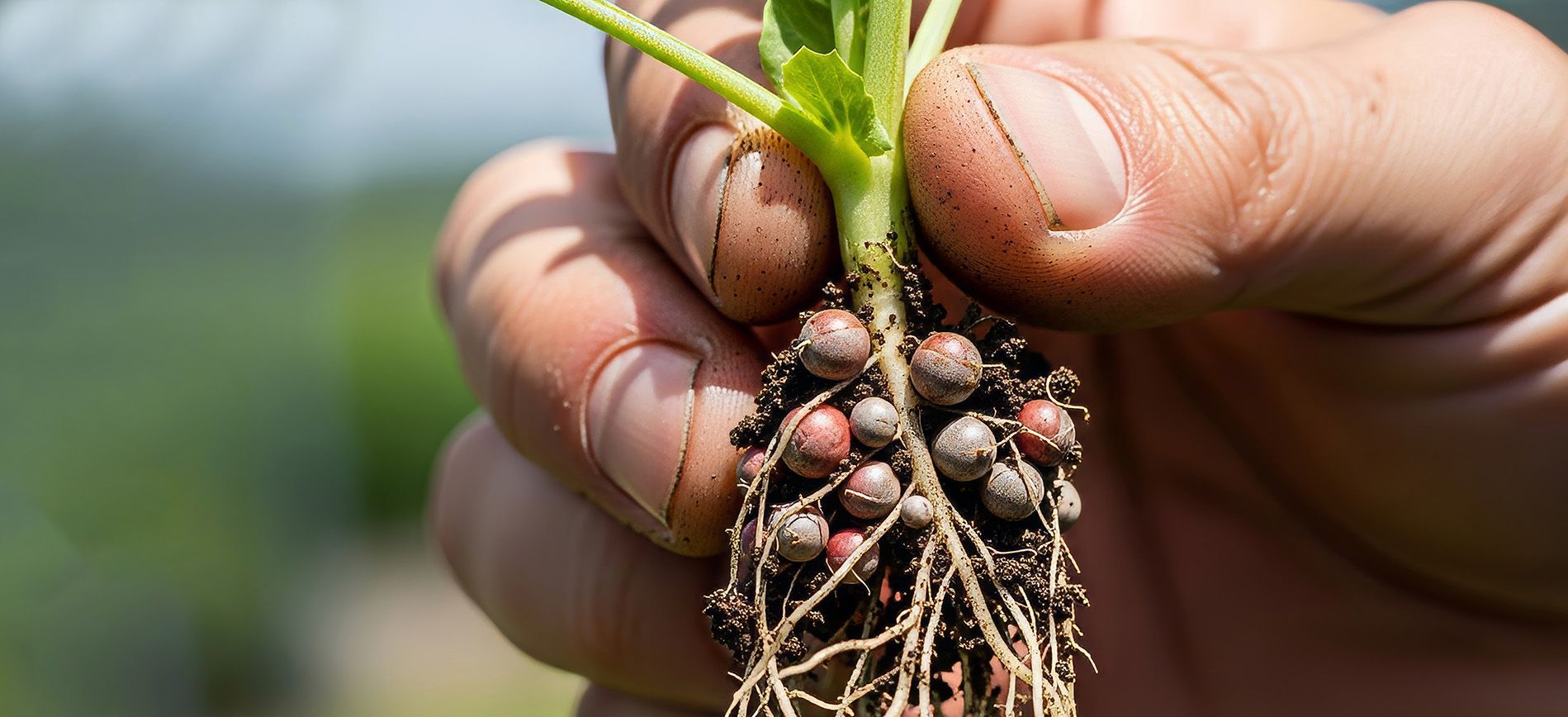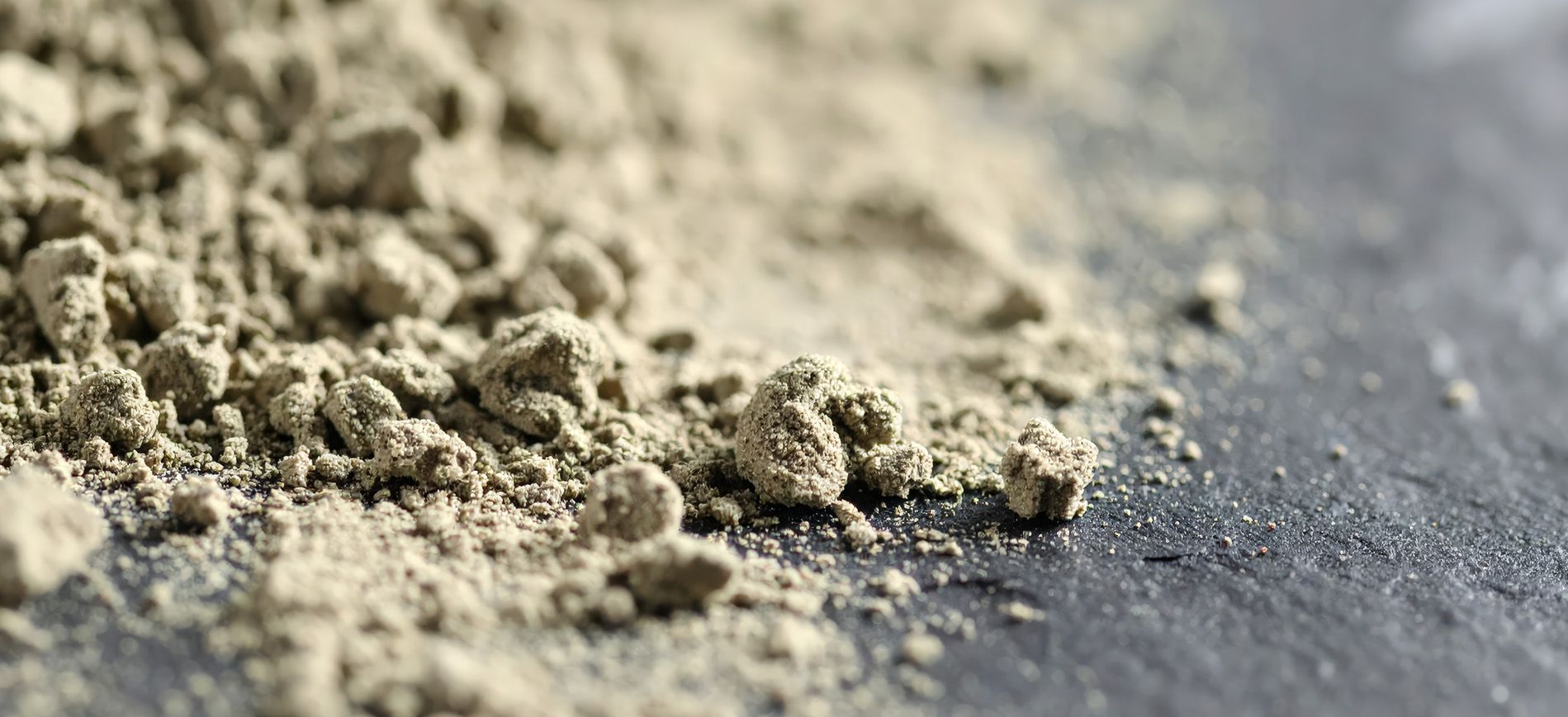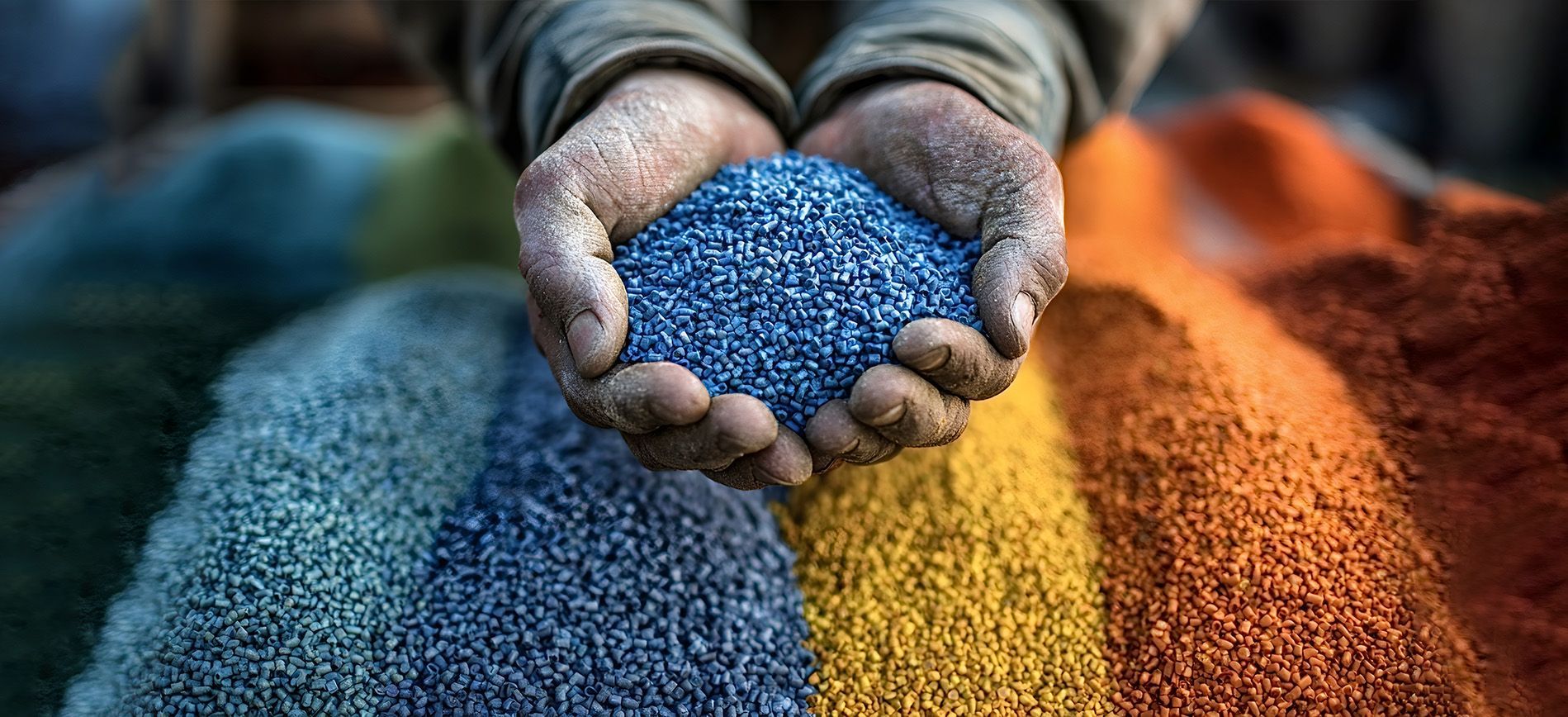Urea and NPK in Latin America – Serving the Agricultural Giants of Brazil and Argentina

Latin America’s Fertile Powerhouses
Latin America proudly hosts two of the world’s most productive agricultural economies: Brazil and Argentina. As global leaders in soybeans, corn, sugarcane, and wheat, these nations are not just driving a massive demand for fertilizers, especially urea (46% N) and customized NPK blends- they are shaping the future of global agriculture.
With intensifying global food needs and limited domestic fertilizer production, these countries rely heavily on
fertilizer imports, making them key strategic markets for international suppliers. Understanding this region's trade dynamics, logistics infrastructure, and evolving regulatory frameworks is critical; it's a gateway to growth opportunities.
Brazil: The Fertilizer Titan of the Southern Hemisphere
🚢 Import Reliance
- Brazil is the world’s fourth-largest fertilizer consumer, but imports nearly 85% of its fertilizer needs.
- In 2024, Brazil imported over
10 million metric tons of urea and more than
9 million tons of NPK blends, primarily through ports like
Paranaguá,
Santos, and
Itaqui.
🌽 Demand Drivers
- Fertilizer demand is tightly linked to crop cycles of:
- Soybeans (planting in Q4)
- Corn (safrinha crop) (planting in Q1)
- Sugarcane, cotton, coffee, and fruits
- Urea is used widely for
top-dressing cereals, while NPK blends are essential for
pre-planting soil fertility.
🏗️ Infrastructure and Policy Moves
- Investments are being made in port capacity and rail-to-port corridors to reduce inland freight costs.
- Brazil’s
National Fertilizer Plan (PNF) targets expanding domestic production and storage by reducing import dependence.
Argentina: Balancing Production and Imports
🌾 Agriculture-Driven Growth
- Argentina is a top-5 global exporter of soybeans, corn, and wheat, relying on fertilizers to maintain yield competitiveness.
- Fertilizer consumption hit
4.6 million MT in 2023, with
urea accounting for over 55% of nitrogen applications.
📉 Import and Production Dynamics
- While Argentina has some domestic production (e.g., Profertil plant in Bahía Blanca), it still imports urea and complex NPK blends, particularly from North Africa, the Middle East, and Russia.
- Ports like
Rosario,
Bahía Blanca, and
San Lorenzo are critical entry points for imported fertilizers.
📊 Economic Volatility and Policy
- Currency devaluation and subsidy reforms can affect fertilizer affordability.
- Despite economic headwinds, private agri-exporters continue to invest in
storage terminals and
logistics upgrades.
NPK and Urea Trade Trends in Latin America
- NPK 20-20-0, 15-15-15, and urea 46% N are among the most in-demand formulas due to their balanced nutrient composition and suitability for various crops. Understanding these trade trends can help suppliers align their offerings with market demand.
- There is rising interest in controlled-release fertilizers, micronutrient-enriched NPK, and precision fertilization technologies.
- Seasonal trade patterns align with
planting windows, making
Q3 and Q4 peak import periods.
Logistics and Distribution: Key Corridors
- Major port hubs: Santos, Paranaguá, Itaqui (Brazil), and Rosario, Bahía Blanca (Argentina).
- Inland transport: Fertilizers are distributed to inland agricultural zones via rail and truck networks.
- Terminal upgrades and multimodal connectivity are improving turnaround times and reducing delivery costs.
Green Gubre Group: Delivering Excellence to Latin America
As a trusted international fertilizer supplier, Green Gubre Group offers:
- High-quality granular and prilled urea (46% N).
- A wide range of NPK formulations, including custom blends for Brazilian and Argentine crops.
- Efficient logistics to key ports in South America, supporting bulk and bagged cargoes.
- Flexibility for
CFR,
FOB, and
DDP shipments.
We partner with importers, agri-cooperatives, and private companies across Latin America to ensure a timely, competitive, sustainable fertilizer supply.




